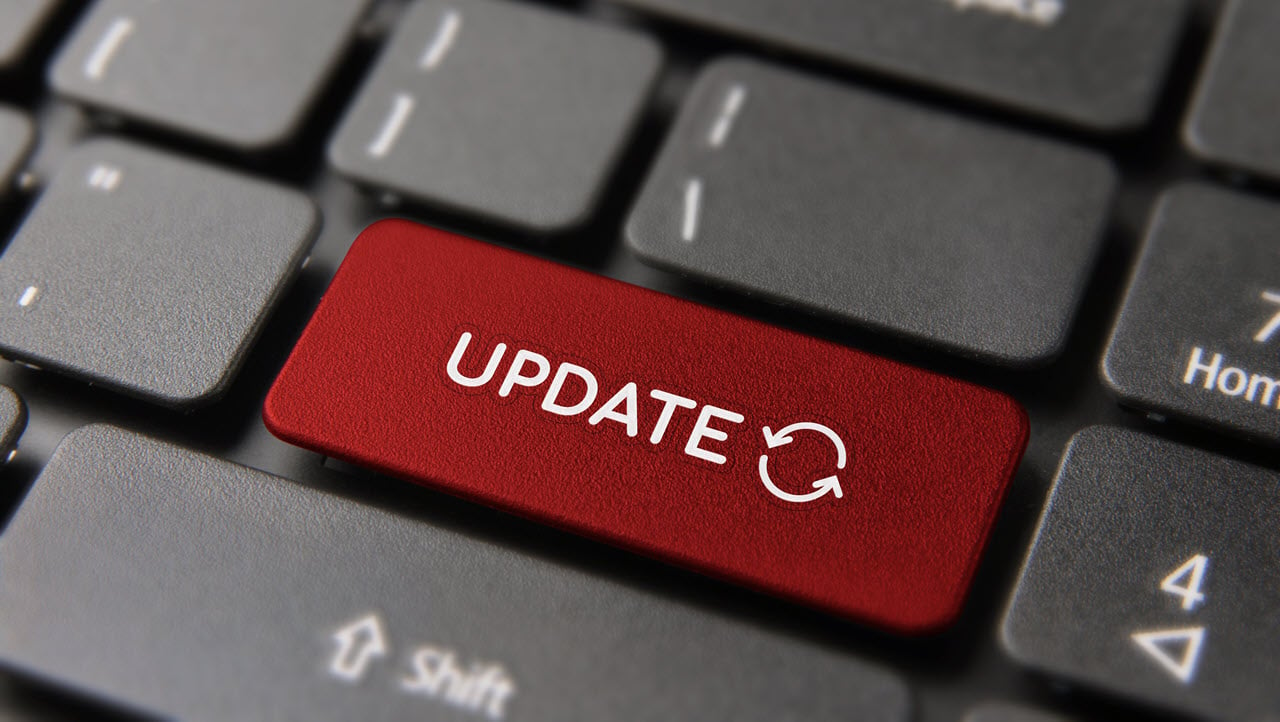Facebook updated its Inauthentic Behaviour policy on Monday and removed several accounts not in line with the company’s policy. The Cambridge Analytica incident has shown us how social media networks can be used to build up citizens’ profiles.
With the upcoming US elections in 2020, the company certainly does not want to repeat its previous misadventures. The new update to the Inauthentic Behaviour policy explains how Facebook defines inauthentic behaviour and on what basis it will take action against the coordinated campaigns.
What constitutes Inauthentic Behaviour (IB)?
Facebook judges inauthentic behaviour based on the following parameters.
- If the actors behind any campaign hide the organisation’s identity.
- The actors try to popularise the activity and gain the audience’s trust by falsely promoting their organisation.
- If the actors try to evade the law enforcement efforts.
On what basis does Facebook take down the pages?
Facebook takes down the inauthentic pages and campaigns based on the activity of the pages and not based on the actors behind the pages. As given by Facebook, the reason is that not all the information circulated by the coordinated campaigns is wrong or manipulated and can be accepted in political discourse if disseminated by a trusted source.
So, Facebook’s main point of enquiry is that the source should be a trusted one, and the identity of the actors behind the campaign should not be concealed.
Also read: 7 types of data your browser collects about you
Updates to the policy

Facebook has recently updated its Inauthentic Behaviour policy, which we will briefly explain below.
Action against Coordinated Inauthentic Behaviour (CIB)
Regarding domestic, non-government campaign activity, Facebook will delete the materials related to the activity — pages, accounts and groups.
Facebook will also report the activity in its monthly CIB report. However, if the activity is harmful and directly relates to a civic event or uses some new techniques not mentioned above, Facebook will report the activity to the authorities.
If, during the investigation, Facebook finds that an organisation is involved primarily in fraudulent activities, Facebook will remove the organisation’s page permanently.
Foreign or Government Interference (FGI)
If a government is involved in the fraudulent propaganda — whether in its own country or some foreign soil, Facebook “will apply the broadest enforcement measures including the removal of every on-platform property connected to the operation itself and the people and organisations behind it.” Facebook will share this information with law enforcement.
Facebook has removed 93 Facebook accounts, 17 Pages, and four Instagram accounts that originated in Iran and targeted the U.S. and North African populations. The company also removed several more Iranian accounts, which targeted several Latin American countries. Alongwith that, 50 Russian Instagram accounts and one Russian Facebook page were removed by Facebook.
How can users spot and report Inauthentic Behaviour?
As a Facebook user, you can play an important role in spotting and reporting Inauthentic Behaviour.
Here’s how to do this:
- You can start by researching more about the pages, groups, events or profiles. The page or the group should show the maximum information, such as the country, creation date, and other information.
- A legitimate page should have a Facebook verification badge.
- Now, do a quick search on the page’s content. For example, look for spam posts or trolls on the page. Also, note their frequency. A high frequency of these irrelevant posts may suggest that the page is not for serious discussion, and depending on the extent, you can report it to Facebook.
- A lot can be gauged by checking the likes and shares. If the person or page indulges in inappropriate behaviour, like liking politically incorrect posts or posts that may hurt other’s sentiments, you can report it on Facebook.
In the News: NordVPN confirms that one of its data centres was hacked






